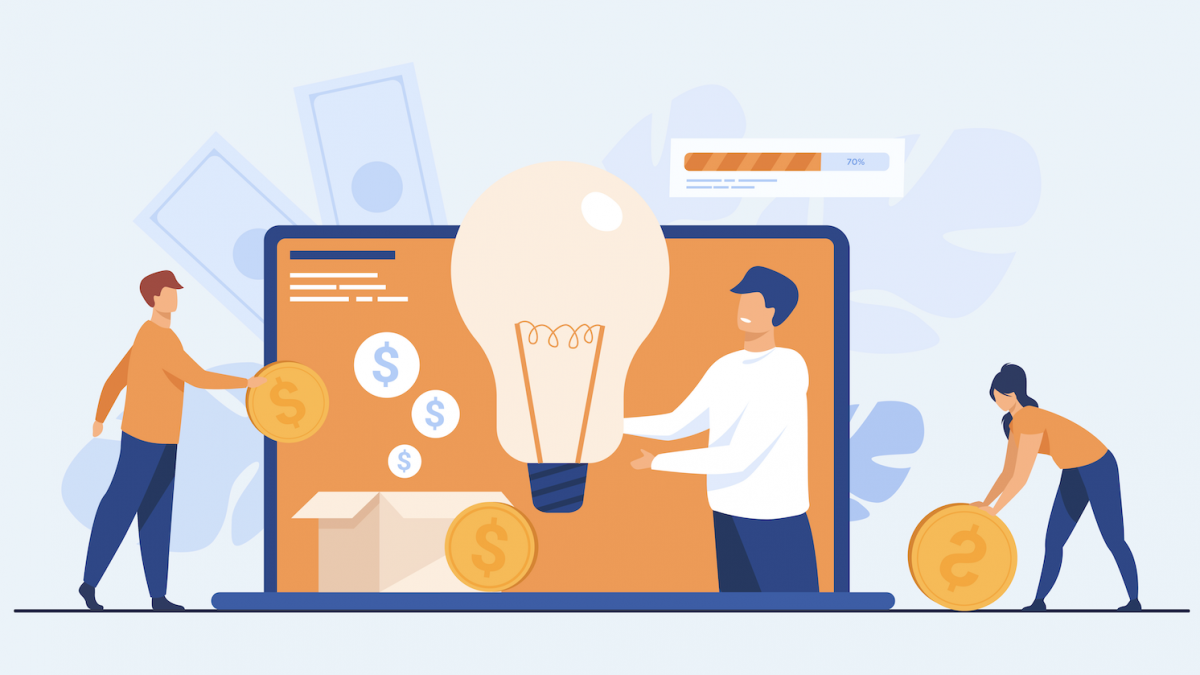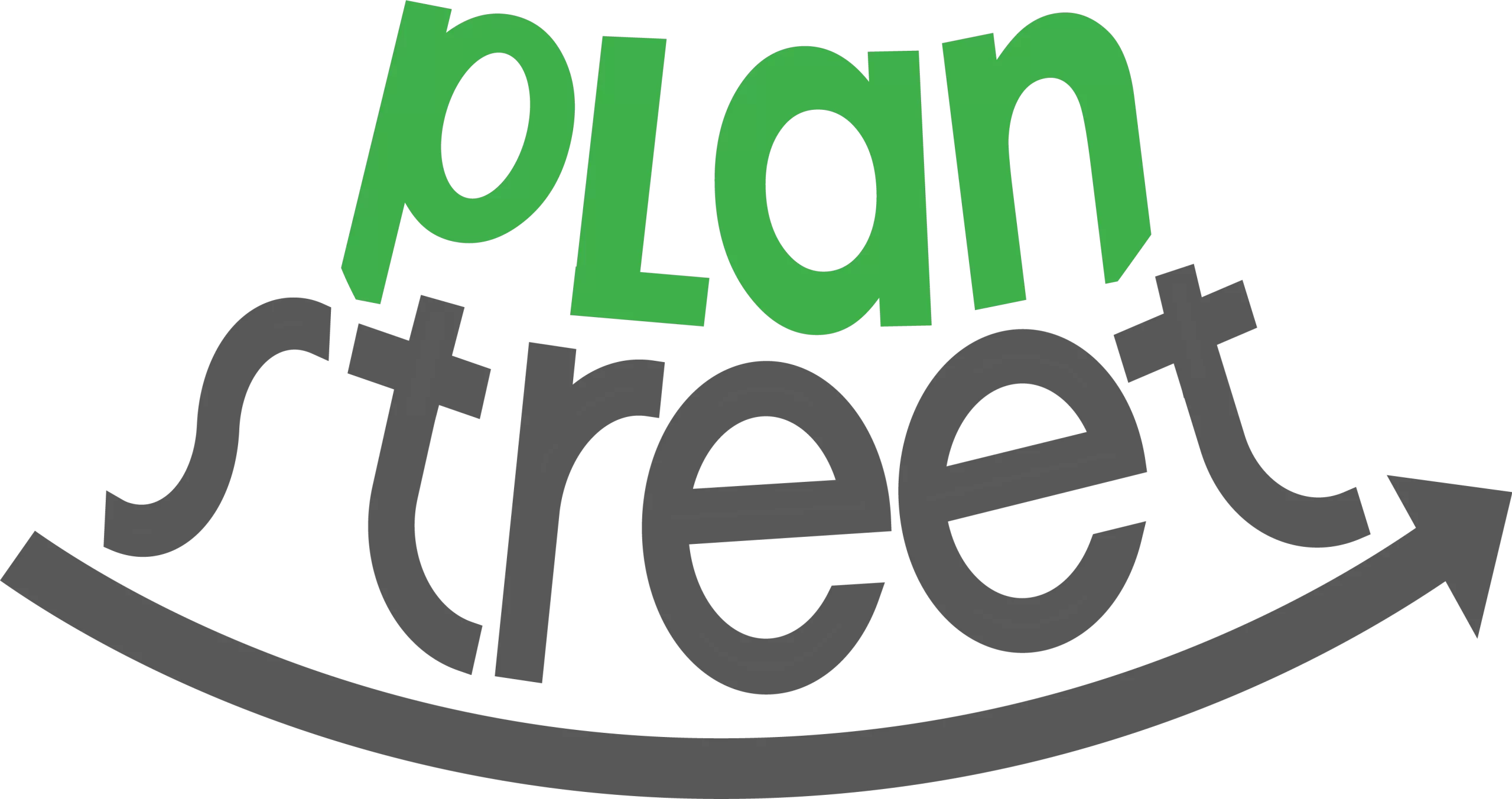Donor Management Software: A Tool Every Nonprofit Needs

Donors are the lifeblood of any charitable organization. A donor can be an organization or an individual whose financial support keeps a nonprofit organization running. If you also run or manage a nonprofit of some sort, chances are that many people with no other means of sustenance or support heavily depend on you. With such a huge responsibility on your organization’s shoulders, you can’t afford to lose an existing or potential donor to a lack of your donor management capabilities.
What is Donor Management?
Donor management, or donor relationship management, is the process where you consciously and proactively cultivate relationships with new donors for your nonprofit, besides strengthening the existing ones. Donor retention is also a key constituent of the donor management process where your efforts center on maximizing donor ties, engagement, and investment. The key here is proper segmentation and prioritization of your existing and potential donors to accomplish desired goals.
Nonprofits worldwide have a range of donors that include corporations, government agencies, and individual donors, and philanthropists. While all donors, both big and small, are important to a nonprofit, they’re not equal and require varying levels of attention and engagement on your part. Effective and strategic donor management will help you cultivate the right kind of relationship with these donors, besides enabling you to know just what type of action or staff investment each donor requires.
How Is Effective Donor Management Performed?
Effective Donor Management takes exhaustive efforts on the nonprofit’s part. To ensure that the aid doesn’t pause or discontinue and that new avenues for potential funding are constantly explored, nonprofits must work tirelessly. The strategy has to be twofold: retention and acquisition. Since no two donors are the same, varying levels of focus and engagement must be allocated to each donor to maximize results. Here are some steps successful nonprofits take to ensure good donor relations:
- Donor Segmentation
Depending on the type of the donor and the size of the grant, charitable organizations must have different strategies for action and engagement in place for each donor. In fact, segmenting your donor into relevant categories is the first step in effective donor relations management.
- Encouragement for Involvement
Besides knowing how to engage with each donor, a successful nonprofit must also know how to encourage their involvement in the process of charity or fundraising. For bigger donors, you can find shared goals to act upon. For smaller ones, you may pursue informal engagements like fundraisers, volunteering, etc.
- Establishing Clear Goals
Having doubts about what you want to achieve out of your donor relations is not an option if you want to retain or secure critical funding. Establish clear goals for each of your donors and never lose track of those goals. Doing that will also give the donor the confidence to maintain relations with your organization.
- Gathering & Incorporating Feedback
Keeping the donors up-to-date on where, when, and how their contribution is being utilized will also help boost your donor relations. Throughout the donor engagement process, you must seek the donor’s feedback on their satisfaction and recommendations, if any. Regular updates and reporting might also help you cultivate lasting donor relations.
What is Donor Management System?
A Donor Management System is a tailored software solution that enables charitable organizations to save operational time and costs, bring inefficiency to the workings of the organization, and elevate fundraising efforts. A Donor Management Software will also typically aid the welfare organizations comprehend their donors better and cultivate a strong and lasting relationship with them. With advanced donor management software, you can also steer your fundraising efforts in the right direction.
Some of the more advanced Donor Management Systems available today can also competently consolidate the donor data, provide your NGO with deep insights into the latest donor trends, and even give recommendations to help you improve the possibility of securing sizable donations in the future. This type of donor management solution not only enables you to accomplish sound donor relations but also aids you in effectively tracking the incoming donations and their proper allocations.
All the crucial information you need about a particular donor or their contribution is typically curated and visualized in an intuitive manner to help you level up in your donor management game. This vital information is also used by the donor management software to devise personalized strategies for donor retention and acquisition. Depending on your nonprofit’s fundraising strategy, the donor management software can even help you secure donations online, in-person via fundraising events, or by employing other payment methods.
Also Read: A Concise Guide to Donor Management Systems
How Does Donor Management Software Help?
The management of Donor Relations doesn’t come easy for nonprofits if done the traditional way. The job can easily keep the entire workforce of your nonprofit organization constantly on their toes. Understanding each donor, keeping track of their funding, staying proactively connected, keeping them engaged and involved in the efforts, keeping track of the incoming aid and how it’s utilized, and exploring new funding avenues all the while is no easy feat.
That’s where donor management solutions come in handy. The software reduces the management of all these tasks to mere clicks and taps on your laptop or a smartphone. This smart and intelligent software, made especially with the needs of an NGO like yours in mind, offers the perfect solution for your organization’s everyday relations management needs. Be it accessing information about a certain donor, checking their funding history with you, actively engaging them for better relations, keeping them updated on their contributions, or scheduling or organizing ways of engagement, the donor management system does all that and much more.
With advanced donor relations software in place, a nonprofit like yours can easily know exactly what level of engagement you should allocate to a certain donor. This will help you greatly when it comes to retaining the existing donors, as well as pursuing and securing new ones. Both the tasks are critical for the survival and constant growth of your nonprofit so it’s able to stretch its scale of service to more people who are in dire need of such support or intervention as your NGO provides.
What are the Key Benefits of the Donor Management System?
A Donor Management System can mean the difference between survival and success, and failure and irrelevance, especially in this increasingly digital age. Such systems improve your organizational efficiency by folds which inevitably casts a positive reflection on your NGO’s financial health. Since donors are very sensitive about where their contributions go, they also know that an organization that’s technologically equipped can better utilize the funding and serve more people in better ways.
So, their inclination is also towards such organizations that are technologically sound and have advanced nonprofit software in place. And because there are fewer leaks and more efficiency in systems like Donor Management Software, organizations that have them always have a winning edge over those that don’t. Besides, not readying your nonprofit for the challenges of today and tomorrow in itself looks regressive and will eventually make you irrelevant sooner than you can know.
There are countless benefits of having Donor Management Software in place at your nonprofit. Some of them are listed below:
- Strengthen Your Donor Relations
For all the reasons we have discussed at length above, your donor relations will experience a whole new outlook thanks to a donor relations system. Having full knowledge of how and to what degree you may engage with each donor will enable you to maximize your donor relations to the benefit of your NGO.
- Create Reports on Donors, Funding, and Campaigns
Your donor is always concerned about how you are utilizing their contributions. But if you don’t have a reporting mechanism for that, or have an old-school one for that matter, they won’t be able to clearly see how effectively you’re using their money.
So, a donor management system will enable you to create a number of reports easily and effectively. These reports may include campaign effectiveness reports, donation summaries & analyses, grant tracking, constituent reporting, and much more.
- Save Valuable Time
As the entire donor relations management, action, reporting, fundraising efforts, and pretty much all else is handled by the donor management systems, you get more free time to strategize and explore avenues to secure new donors and funding. This is a vital thing to do for any NGO.
- Raise More Money
An advanced nonprofit CRM software will allow you to easily store and manage data for all your donors, volunteers, board members, and event participants easily in one place. This centralized information resource helps you understand your donors better and thus secure more funding.
How Can You Select the Right Donor Management Software?
There’s hardly a nonprofit organization that doesn’t operate on very tight budgets, and yours must not be an exception either. So, investing in your ability to record and use critical donor data is probably the smartest decision you can make in this tough economic climate that has only worsened in the wake of the Covid-19 pandemic. It’s only by fully understanding your donor base that you can make educated fundraising decisions and steer your NGO to consistent stability.
Accomplishing that is no more possible in this time of ours where there exist numerous software solutions for possibly everything that we do. Donor relations management being a crucial function at any NGO, there exist numerous solutions to serve this domain and enhance a nonprofit’s agility and performance by folds. But since not all donor management CRMs are created equal, there are many things you must consider while shopping for the right system for your organization. Some of them are as follows:
- Data Tracking
When you’re out there looking for the right donor management CRM for your NGO, always check if the solution can track data over time. Do not forget that an integrated data tracking system is much different than the basic donor database which even the cheaper CRMs offer.
- Customization
The second major thing to look for in a donor management CRM is its ability to be customized as per the size or type of your organization. You should be able to collect varying data, create new fields as per your needs, and track them whenever you want. Plus, dashboard views should also be customizable in the software.
- Integration
How easily and seamlessly a donor management system integrates with other tools your organization uses also makes for serious consideration. Today’s nonprofits use a huge variety of data and tools to engage their donors in new ways, so the system should be able to allow this type of cross-channel integration.
- Data Export
Since not all organizations or donors will be using the same system, your donor management software should be able to export data in different formats that can be viewed and used by those outside the system. Easy data sharing is also one of the key capabilities you should look for in a donor management CRM.
From mailing list generation to innovative document sharing tools and automated custom reporting, advanced donor management software should be able to do all that.
- Additional Tools
The right donor management system might also offer a slew of other useful tools designed to ease the everyday functioning of your NGO besides helping you amplify your fundraising efforts. Some of these tools might include digital marketing automation, online fundraising options, peer-to-peer fundraising capabilities, advocacy tools, and more.

